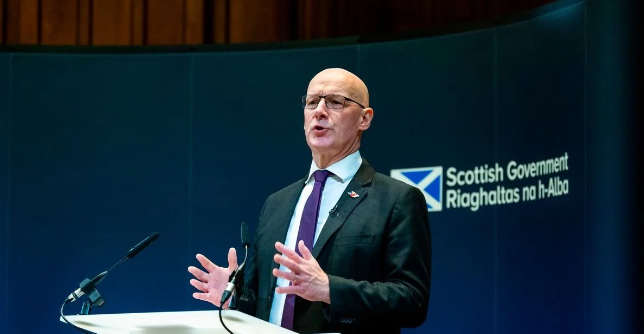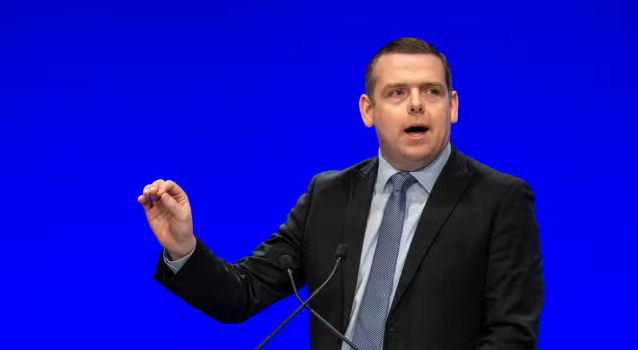
Combination of alcohol and low cabin pressure could strain the heart, even for young adults.
A recent study has raised concerns about the impact of alcohol consumption combined with sleeping at high altitudes on passengers’ heart health during flights. Researchers suggest that airlines should consider restricting alcohol on long-haul flights to protect the health of passengers, particularly those with heart conditions.
Many passengers celebrate their travels with a drink and a nap, but the small study conducted by academics from the Institute of Aerospace Medicine in Germany has shown that this combination could put unnecessary strain on the heart. The research revealed that in-flight alcohol consumption, combined with low oxygen levels at cruising altitude, can lower blood oxygen and increase heart rate, even among younger adults.
“The consumption of alcohol on board is an underestimated health risk that could be easily avoided,” said the researchers. “It may be beneficial to consider altering regulations to restrict the access to alcoholic beverages on board aeroplanes.”
Heart-related medical emergencies make up 7% of in-flight medical incidents, with cardiac arrests causing 58% of plane diversions. In their findings, the researchers noted that the low cabin pressure at cruising altitude – a hypobaric environment – decreases blood oxygen levels and raises heart rate. Passengers with existing heart conditions may face aggravated symptoms due to the reduced oxygen availability in the air, which is further intensified when they are asleep.
Alcohol, which is often consumed on flights, has similar effects on the body, leading the researchers to investigate the combination of alcohol intake and sleep in a low-oxygen environment.
The study involved 48 participants aged between 18 and 40. They spent two nights in a sleep lab or an altitude chamber simulating the same conditions as an aircraft cabin. On one of the nights, participants consumed alcohol. The researchers monitored heart rate, blood oxygen levels, and sleep quality throughout.
The results showed that the combination of alcohol and low oxygen levels led to poor sleep quality, challenged the cardiovascular system, and resulted in prolonged periods of low blood oxygen levels. The researchers concluded that even in healthy young individuals, this combination puts considerable strain on the heart, and could exacerbate symptoms for those with existing cardiac or pulmonary conditions.
The findings suggest that limiting alcohol consumption on flights could be a simple step towards improving passenger safety and health.

















